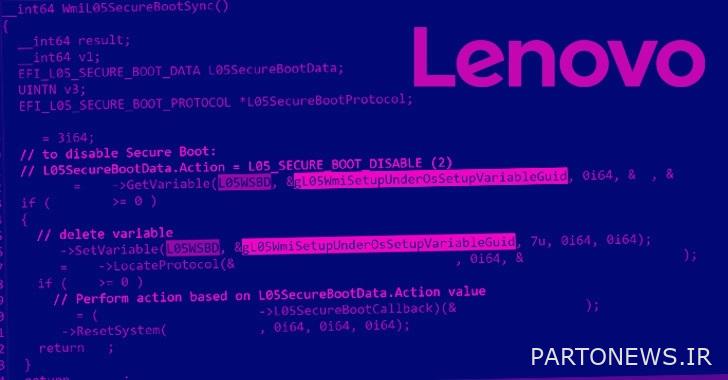Discovery of a new UEFI BIOS vulnerability in Lenovo laptops

Recently, a new problem in the company’s UEFI BIOS Lenovo It has been discovered that it has affected some model hubs of IdeaPad, Yoga and ThinkBook series laptops. In a series of tweets, cyber security company ESET shared details about this and acknowledged that this vulnerability allows disabling Secure Boot and resetting its database through the operating system.
UEFI BIOS is software that acts as an interface between the operating system and the firmware embedded in the hardware. Because UEFI is responsible for booting the operating system when the device is turned on, this technology has become an attractive tool for hackers, making it difficult to detect tampering and self-inflicted attacks.
In this regard, hackers can use CVE-2022-3430, CVE-2022-3431 and CVE-2022-3432 vulnerabilities to disable Secure Boot, which is a security mechanism used to prevent malicious programs from loading during operating system boot. do
In other words, disabling UEFI Secure Boot allows hackers to run malicious bootloaders and gain full access to the victim’s operating system. In this regard, ESET stated that this vulnerability in itself does not indicate a defect in the source code, and the reason for this is the improper use of drivers.
This is the third time since the beginning of the year that Lenovo fixed the UEFI BIOS flaws of its laptops and all these vulnerabilities were discovered and reported by ESET. Lenovo has announced that it does not plan to release a fix for the CVE-2022-3432 vulnerability because the supported models are nearing the end of their life, but has advised users of other devices to check for and install a newer update for their devices.
Points: 5.0 out of 5 (2 votes)
wait a little…

